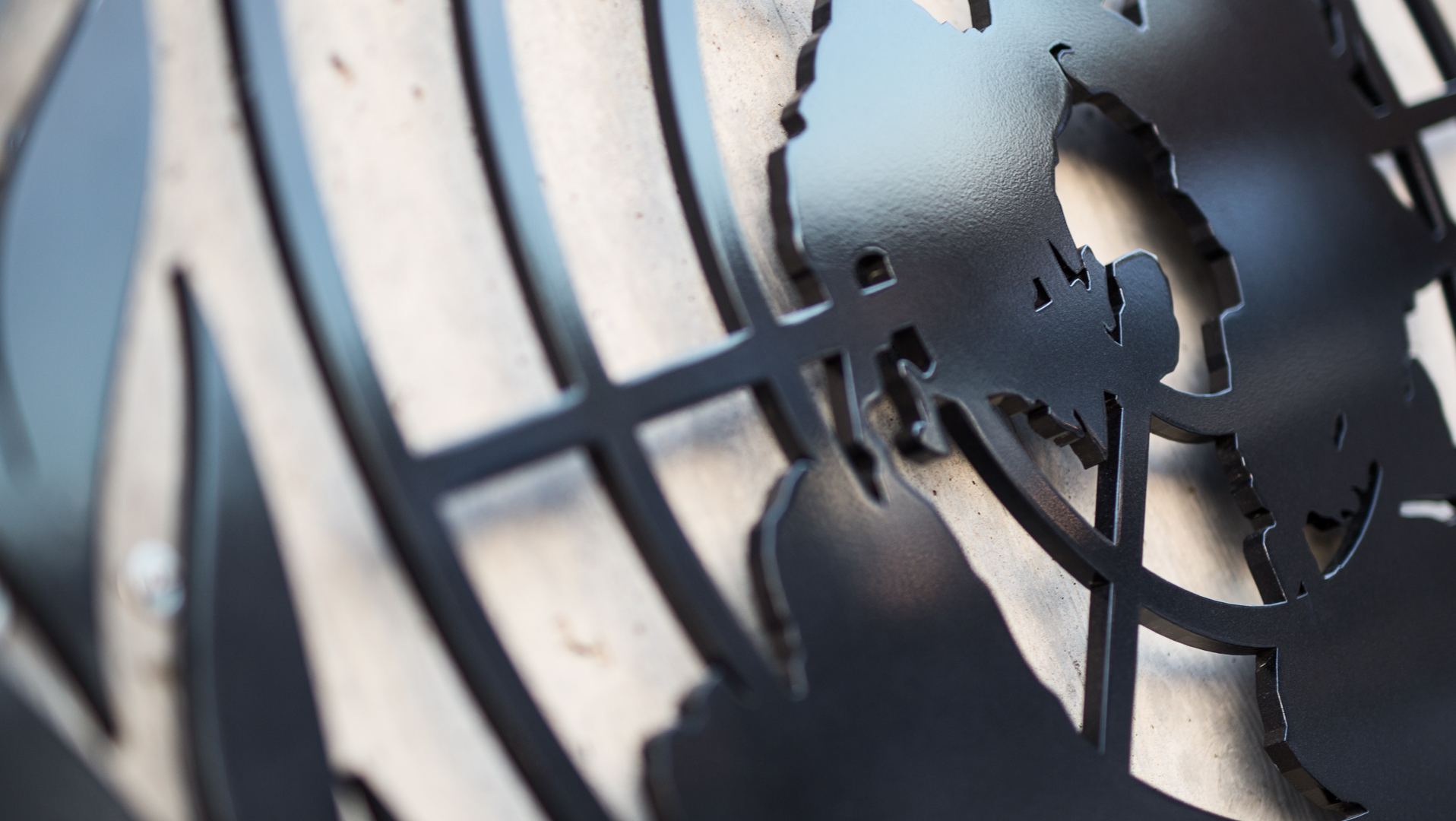UN Deputy High Commissioner answers
Responding to questions from States and civil society, UN Deputy High Commissioner Nada Al-Nashif responded to HRHF’s statement below.
Full statement
Human Rights House Crimea has published new research detailing the overall human rights situation in Crimea after seven years of occupation.
The report identifies the significant human rights challenges faced by people living in Crimea today.
Russia’s policy in occupied Crimea is characterized, in particular, by enforced disappearances, arbitrary arrests, complete lack of respect for people, their personal and family life, eradication of all forms of dissent, including through freedom of opinion and expression, and life marked by the unpredictability of Russia’s evolving policies.
Today, serious human rights violations and abuses in Crimea are not investigated, and the perpetrators are not prosecuted. Legal complaints filed with various international judicial bodies remain unresolved.
Of particular concern, international monitoring missions are not allowed into Crimea by Russia, which is a catalyst for further deterioration of the situation.
Madam President.
We note with concern that on 26 May, the Russian Supreme Court upheld the 12-year sentence of human rights defender Emir-Usein Kuku and five of his co-defendants.
We also condemn the recent detention and alleged torture of Radio Free Europe journalist Vladyslav Yesypenko for his investigation and reporting on human rights violations in Crimea and take note of the start of his trial this week.
We ask the Deputy High Commissioner what recommendations she has for the Human Rights Council in responding to cases such as Emir-Usein Kuku and Vladyslav Yesypenko?
Thank you.





